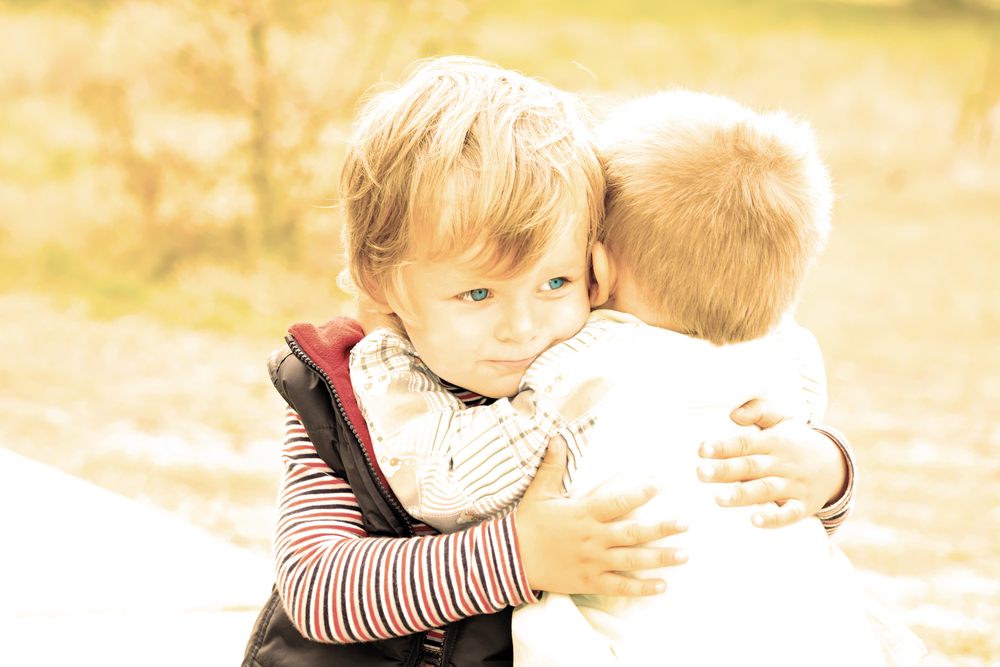August 23, 2020
But do it with kindness.
“Wisdom is not merely something to be gained with old age. One can be wise in every stage of one’s life. To manifest wisdom means simply to step back and see.”–Seido Ray Ronci, “The Examined Life”
Years ago, I began to question the idea that honesty is always the best policy.
We’ve all met people whose mantra is, “I tell it like I see it. If that bothers somebody, so be it. That’s their problem.”
Well yeah, it may be their problem, but what about the “truth-teller?” Have they got a problem?
I’ve never met a bully I liked. Ever. When we’re unapologetically honest, without kindness, we turn into bullies.
We Will Never Have Access to the Complete Truth
The problem isn’t usually that we have different perspectives. It’s that we forget that no one has the absolute truth. That there are perspectives other than our own that may be just as valid as ours.
We are not only limited from seeing the truth by our psychosocial environment and innate personality characteristics, but we are also susceptible to myriad cognitive biases that make it almost impossible for us to arrive at “ultimate truth.”
In the article, Ten Cognitive Biases that Distort Your Thinking, Kendra Cherry explains that we are not only susceptible to distorting the truth, but it’s also pretty much unavoidable.
As I was reading her article, I realized I have played out all of the biases. However, two of them stood out to me. The first because I’m so blatantly guilty of engaging in it, and the second because I see it happening all around me.
1) The Confirmation Bias
Confirmation bias is our tendency to seek out accept information that supports what we already believe, rather than exploring both sides of a situation–think climate change, Covid-19, and gun control.
Guilty on all three counts! As much as I want to believe I’m open-minded, I keep falling into the same trap. When those topics come up, I think I know what they’re going to say, my body tenses, and I have to hold myself back from blurting what I believe.
I am repetitively reminding myself to get a grip on the impulse to vomit my first thoughts.
I do not want to be that person.
I want to understand and make decisions based on intelligent and thoughtful information, from seeing as big a picture as possible, rather than knee-jerk reactions.
2) The Availability Heuristic
Cherry says the second one, availability heuristic, “Is the tendency to estimate the probability of something happening based on how many examples readily come to mind.”
That means the more we experience something personally, the more we will believe it can happen to us.
If you pay close attention to neighborhood news and hear about two recent burglaries, it might seem like your neighborhood is no longer safe. But if it happens in a nearby town, the less attention you’ll probably give to that piece of news.
This one stood out to me because of Covid-19. If we don’t know anyone who’s come down with the virus, nor have we gotten sick, we may find it hard to believe that Covid-19 is different from seasonal flu.
But if we’ve been sick for months, or seen a family or friend die, or remain ill for longer than expected, our tendency might be to exaggerate the danger to ourselves or others. Because of the availability heuristic, we can be all over the continuum, from downplaying to over-emphasizing.
Take a few minutes to explore the other eight biases. Every one of them has challenged me to loosen my hold on what I already think.
Here’s where Kindness Comes In
It doesn’t matter whether we fall prey to the distortions Cherry suggests or suffer from the imperfection of human memory capabilities, as explored in an Atlantic article by Erika Hayasaki, How Many of Your Memories Are Fake? We can all use some help when it comes to how we present our ideas.
Kindness to the rescue!
Since we’ll never have the absolute truth, allowing for some kindness–consideration for the other person–can move a bombastic monologue to a stimulating discussion of different perspectives.
Never have we needed to better see beyond our limited individual perspectives more than we need that today.
Unapologetic honesty is one of my top ten core values, but only when I accompany it with kindness. Otherwise, I run the risk of becoming the bully I so dislike.
I’ve had my heart ripped out a few times by people I’ve loved. I don’t want to do that to anyone else.
When we are unapologetically honest, with kindness, people can trust us what we say.
They may disagree, but they won’t be afraid of you. People may even seek you out, because how many of those people do we have in our lives? Maybe your perspective will be a valued commodity because it’s so rare.
Much love,


happy to get back to your website……
LOL so happy to have you back! ?
Well, the only thing that matters is that you came back :-).
great job on the web site,loved the picture.don,t know why or how i you got to the spam folder???? i did accidently lost all my photos from p.c. stay safe..